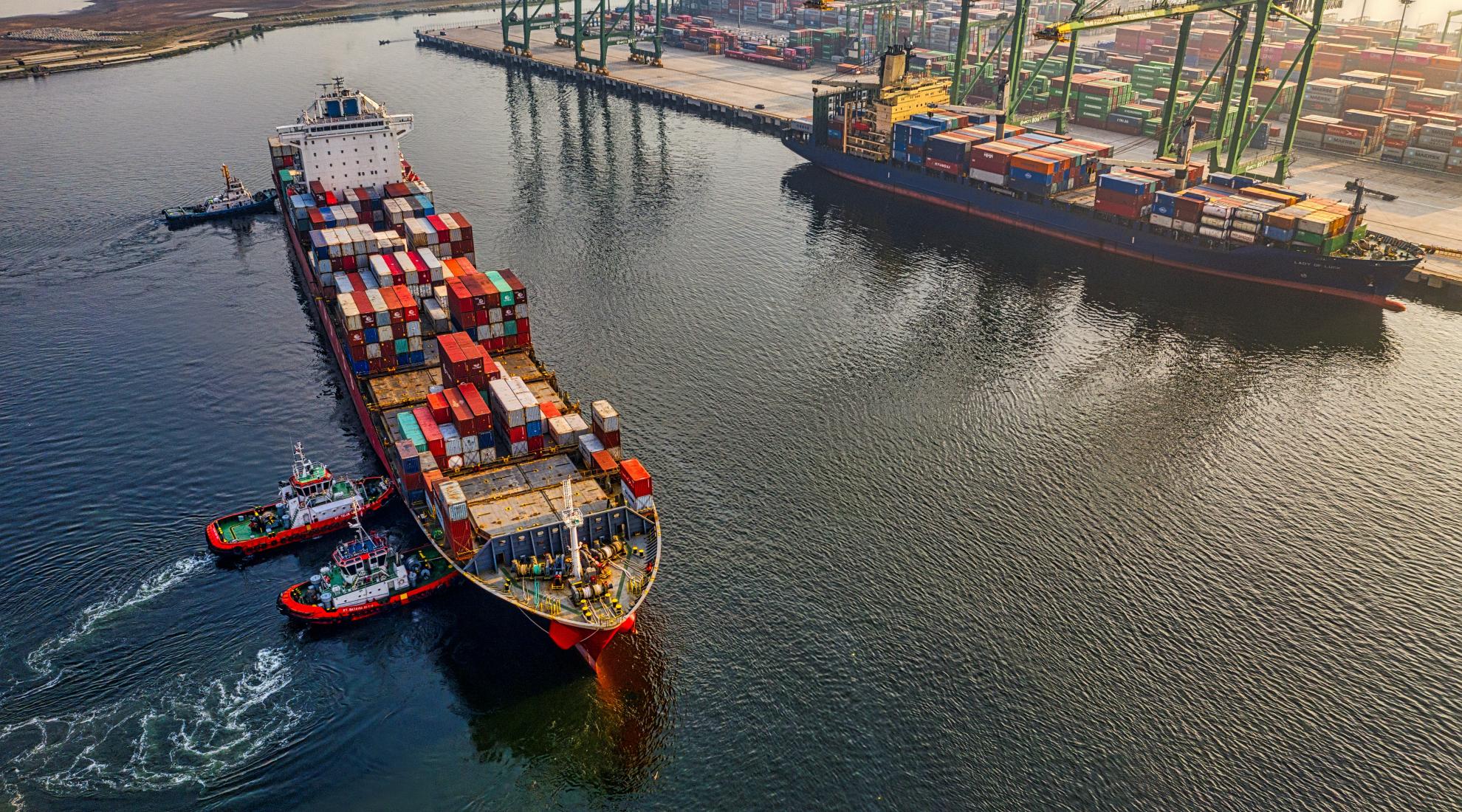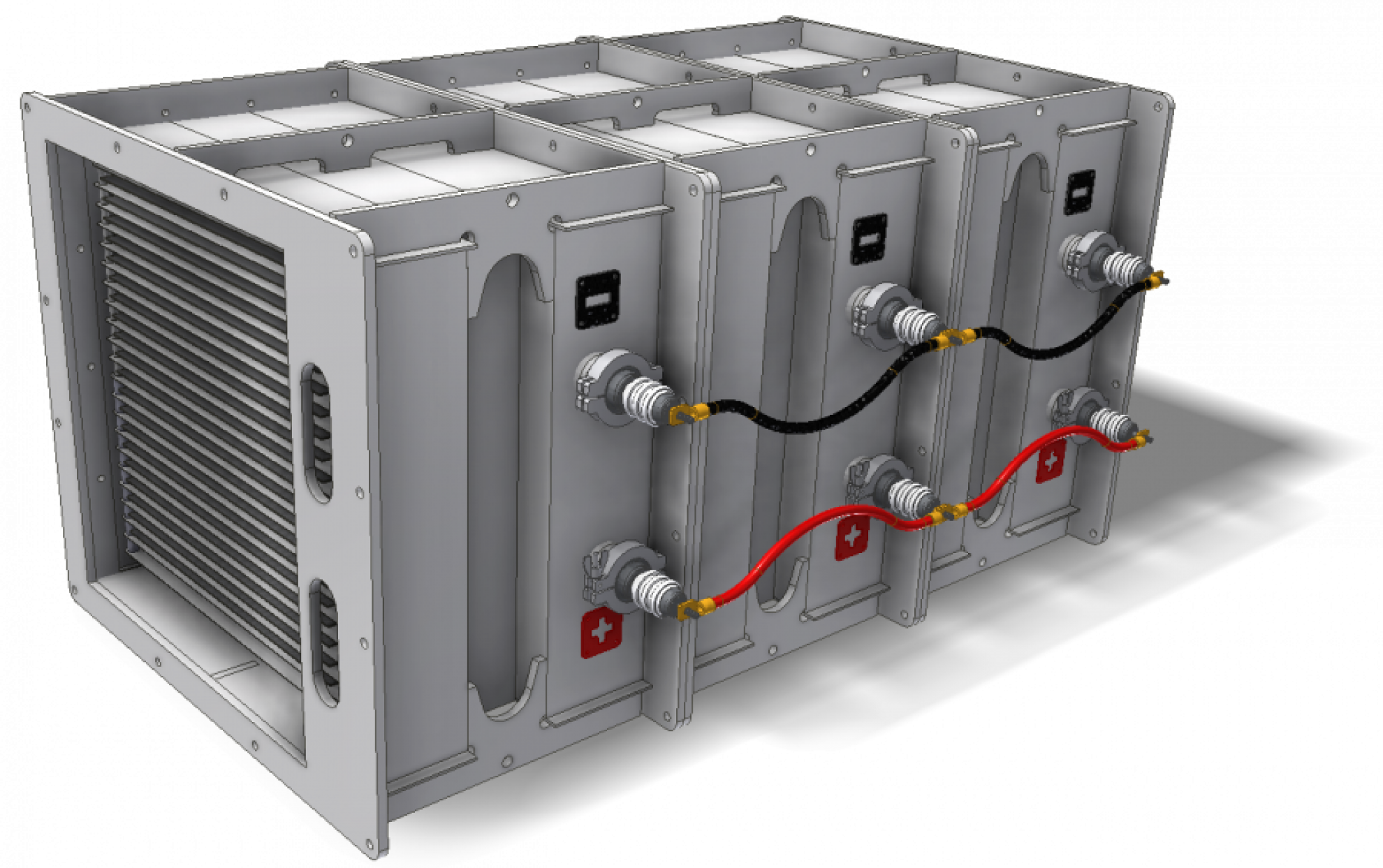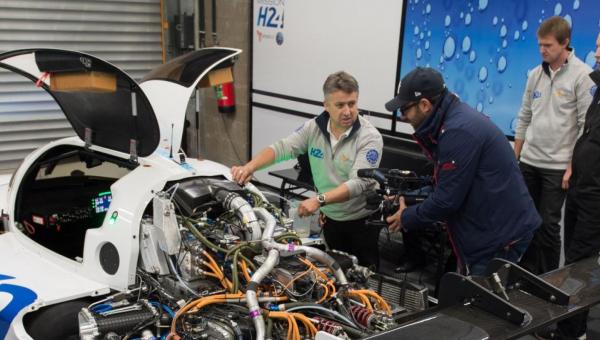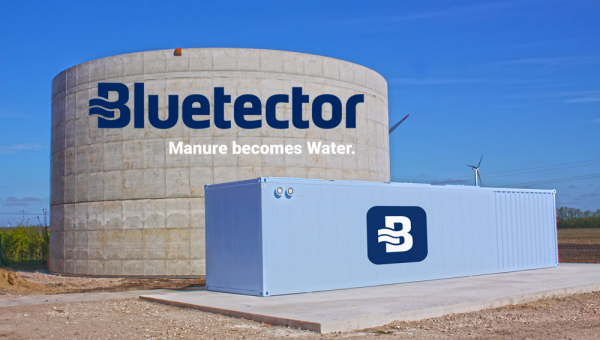Swiss technology enables vessels to become more sustainable

Large cargo and cruise ships are among the biggest polluters in the world. The Swiss start-up Daphne Technology has developed a filter to drastically reduce their harmful emissions and convert the emitted gases into fertiliser.
A large cruise ship or cargo ship consumes between 150 and 300 tonnes of fuel per day. The type of fuel used is anything but green: many cargo ships have used bunker fuel in the past – the sludgy dregs of the petroleum refining process is the dirtiest of all fossil fuels. In the wake of the Paris Climate Agreement, the 170 member countries of the International Maritime Organization (IMO) agreed to halve CO2 emissions by 2050. On top of that, in 2020 a new limit on the sulphur content in the fuel oil used on board large vessels was implemented, marking a significant milestone for improving air quality, preserving the environment and protecting human health. Since this date maritime ships are not allowed to use fuel with a sulphur level above 0.50% m/m (mass by mass) – a significant reduction from the previous limit of 3.5%.
Plug and play solution for large vessels
Daphne Technology's invention, a universal green converter, is installed onto marine vessels, as a plug and play solution, to remove toxic pollutants and greenhouse gas emissions from the engines and boilers exhaust gas. According to the company, the nanotechnology-based filter can reduce sulphur oxide emissions by 99% and nitrogen oxide emissions by 85%. The gases from fossil fuel are mixed with water vapour, heated to 250 degrees and directed into a special reactor. Here, in this nanostructured system, a chemical reaction is generated that breaks up the molecules. Ammonia is then used to form inert compounds that can be reused as fertiliser.

Fossil fuel is heated to 250 degrees and directed into a special reactor.
Plenty of experience
The founder of Daphne Technology, Dr Mario Michan, has extensive experience in the shipping industry. Growing up in Cartagena, Colombia, he spent around ten years on the oceans, first for the Colombian Navy and then on merchant ships. After studying engineering in Vancouver, Canada, he joined CERN in Geneva more than ten years ago and from 2015 onwards developed his idea of a clean universal emission converter at EFPL in Lausanne.
Additional CHF 10 million in capital
Daphne Technology was launched as a spin-off from EPFL in 2017. It raised initial funding from the European Union’s Horizon 2020 research and innovation programme and other sources to develop the technology. And only two weeks ago, the company announced a new financing round worth CHF 10 million. Shell Ventures, Trafigura, AET, and Saudi Aramco Energy Ventures are among the investors who have committed a total of CHF 10 million to the Swiss start-up.




